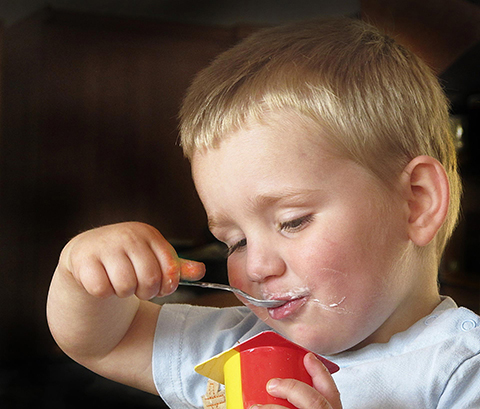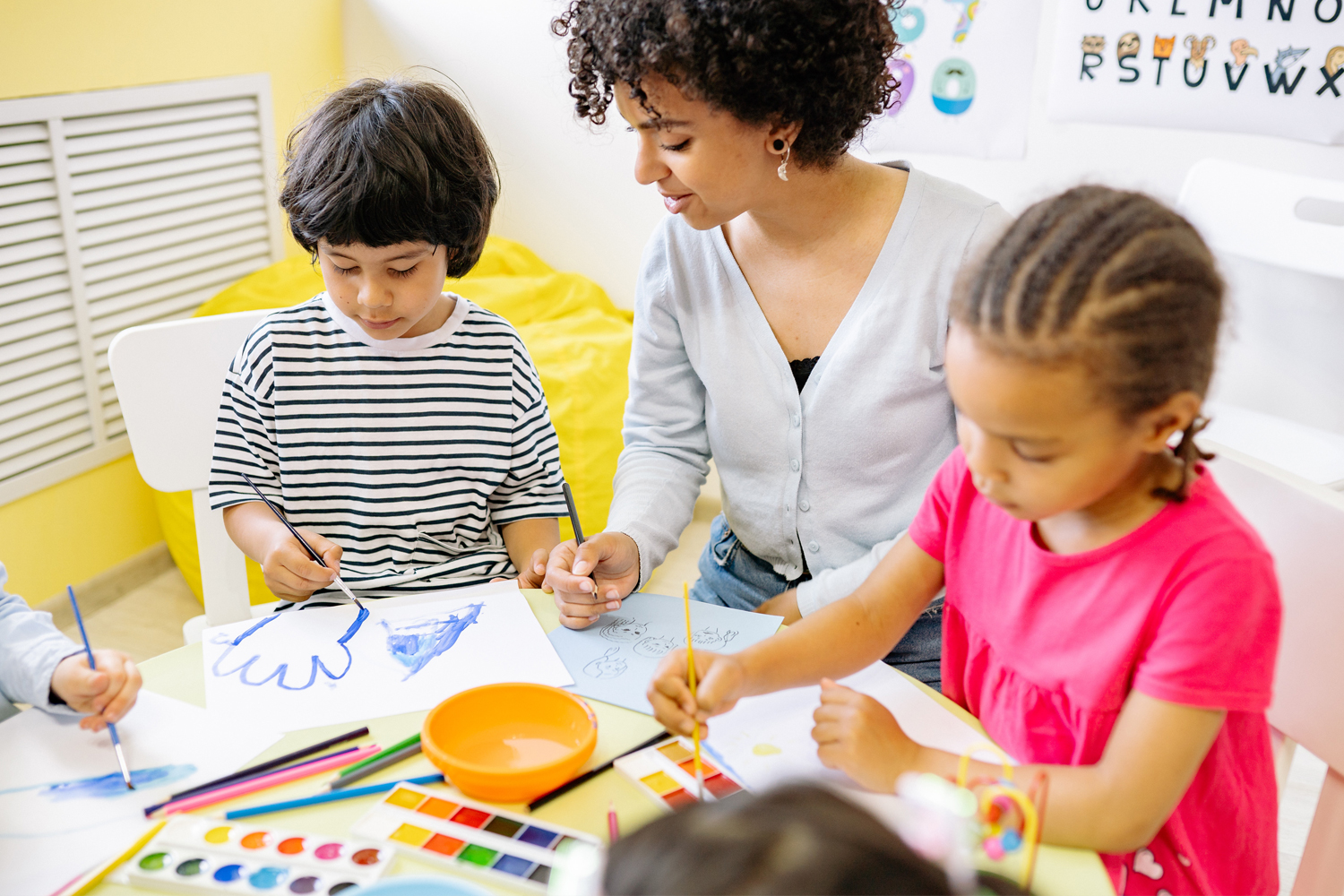“Didn’t your mother ever tell you not to play with your food?” Our friend Zazu said it best when confronting the Disney villain, Scar.
Have you heard this phrase before? It’s a common rule that families use to teach mealtime manners. While table etiquette has its place and purpose, playfully exploring a new food prioritizes a child’s comfort and confidence with food they are not familiar with yet.
Although I’ve said it before, it bears repeating – eating doesn’t always come naturally. As we grow, the expectations of mealtime progress quickly and early. In our first two years of life, we are expected to go from relaxing in the arms of a caregiver with a bottle…to sitting upright, using utensils, eating new food, regulating our sensory systems; all while being expected to enjoy everything we are offered! (1)
Not only do we have to do the work, but sometimes the food tastes AWFUL. And we are expected to eat it anyway? “I demand justice!” say babies everywhere. *
If your child has difficulty trying new foods, it may be time to shake up the mealtime routine with something enjoyable. Namely, play time!
The benefits of food play are immeasurable and can include the following:
- Stress relief: taking away the expectation to eat reduces pressure and promotes a relaxed atmosphere around food. (2) Just this change of pace encourages your child to independently explore food and come back to it later. Avoid the urge to feed your child while you play, reciprocate their ideas and watch their cues for ways to explore the food again!
- Exploring and preparing: not only can food play offer a fun transition to the table; it helps wake up their sensory system which makes them more open to exploring food at the table. Present the food in small amounts (1 – 2 Tablespoons) and encourage them to poke, squish, count, paint, drop, lick, kiss, stir, or clean up the food. All are great ways to explore new food! (3)
- Teaching new skills: food play can promote useful mealtime skills outside of eating that your child will need as they grow older. Learning to pour without spilling, scooping food onto their plate, piercing food with a fork, and developing language are things they will need to learn to use later in life. Simple kitchen utensils can become useful tools to explore new food or fluid. (4)

Just like food doesn’t always come naturally to children, playing with food doesn’t always come naturally to families. If the thought of playing with food is a little much but it’s something you’d like to try, consider the following limits you can set to food play in the home.
- Time: When will food play be taking place and for how long? Would it help to play with food during family meal time, or during snack time? You don’t need to play for an hour, anywhere between 30 seconds to 30 minutes can improve your child’s relationship with food.
- Cost: Some food will be thrown away (and that’s okay!), but how much money would you like to spend on food play activities?
- Mess: Food may end up on the walls or on the floor; this could be great! But where is a good place to explore food in your home? Make sure to have towels or wipes on hand, but don’t feel the need to use them all at once. Mess is welcome and natural during food play.
If you suspect a problem with your child’s health is impacting their ability to eat, contact your pediatrician’s office and rule out physical causes of reduced appetite or poor intake. Furthermore, feel free to reach out to your Blue Bird Day dietitian if you’d like to brainstorm ideas for food play and improve your child’s nutrition!
Some children need lots of practice before they are ready to eat, this doesn’t make them any less likely to succeed at mealtime. You are invited to use food play to connect with your child, prime their sensory system, and offer them a much-deserved break from their busy day.
Ready to get started? Visit these websites and apps for ideas.
2. Autism Spectrum Disorders and Diet
3. BBD Dietitian recommended! Learn, Play, Eat: iPad app targeting food play and picky eating
*No baby has ever said that.

Blue Bird Day fosters socialization, sensory regulation, and pre-academic learning in children ages 2-7 years in therapeutic rotations that simulate preschool and kindergarten settings. Our compassionate therapists practice a relationship-based and family-centered approach, provide parent training, and collaborate on goals and individualized intensive treatment plans for your child.
We believe in a collaborative and multi-disciplinary team approach to therapy. A team of occupational therapists, speech-language pathologists, dietitians, developmental therapists, behavioral therapists, physical therapists, and therapeutic assistants are created for each child to ensure child and family are fully supported and the best possible results are achieved.
Options for individualized, group and virtual therapy sessions are available as well.
Want to learn more or you have a specific question? Feel free to connect with us here!



